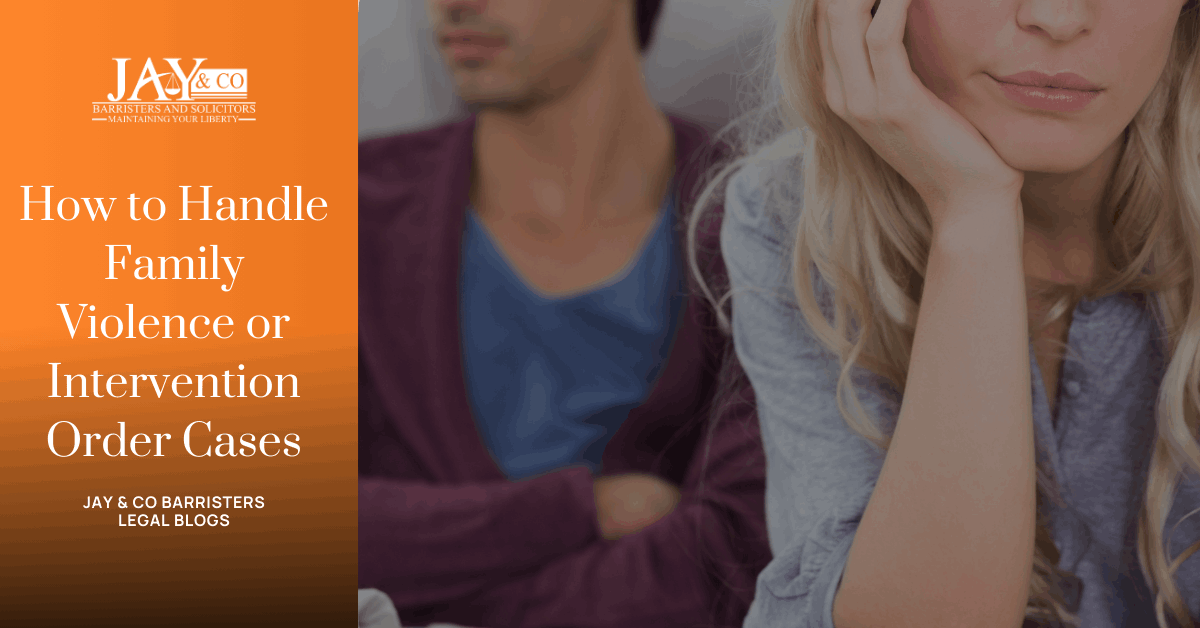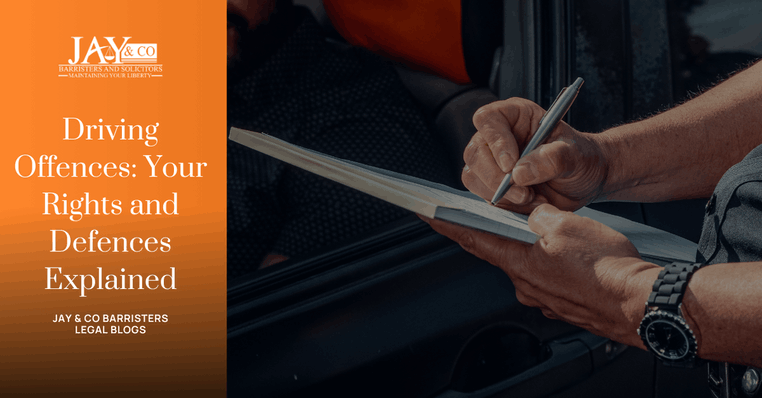Committal hearings are only conducted in particular circumstances that are governed by section 96 of the Criminal Procedure Act. If you have been given notice that a committal hearing will be conducted or are unsure whether this process applies to you, contact your lawyer as soon as possible.
Purpose of committal proceedings
- Whether your matter can be dealt with by a lower court
- Whether there is enough evidence against you
- Ascertain your position in relation to the charge against you
- Ensuring arrangements and processes of the court are followed to carry out a fair trial
Committal Hearings
Before a committal hearing there will be a number of procedural hearings and you must attend these hearings unless you are excused from being present. Furthermore, it is not unusual for a committal case conference to be held and this is an opportunity for your legal counsel and prosecution to conduct negotiations.
At the committal hearing you may expect witnesses to appear and give evidence. Your legal representative may cross- examine these witnesses however special rules may apply to this which can be found in Section 132 of the Criminal Procedure Act.
At the end of the committal hearing the magistrate will make a decision as to whether the charge should be dealt with by a higher court or dismiss the charge. If the magistrate chooses to dismiss the charge then it is usually the end of the matter.
If you intend to plead guilty to the charges against you then your matter will automatically be heard and dealt with in a higher court. The evidence will not be tested prior and the committal hearing will be skipped.
It may be useful to note that lower courts have a less severe penalty range that can be imposed than the higher courts.
If you wish to speak to us further about your particular circumstances and how you may be personally impacted, please contact us today.



